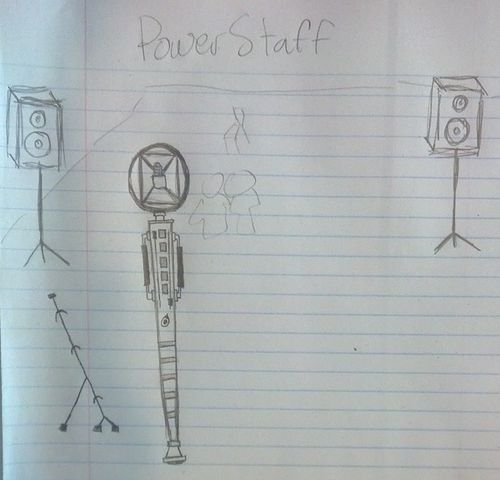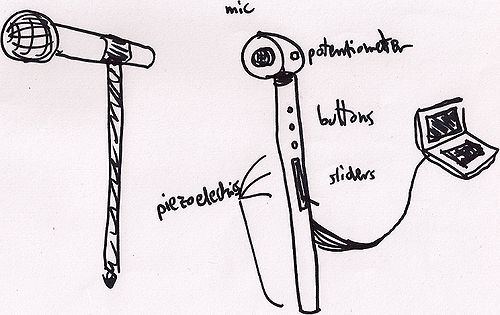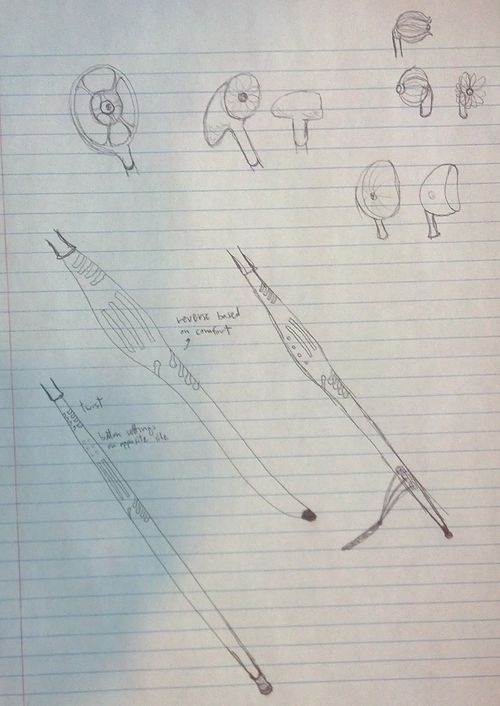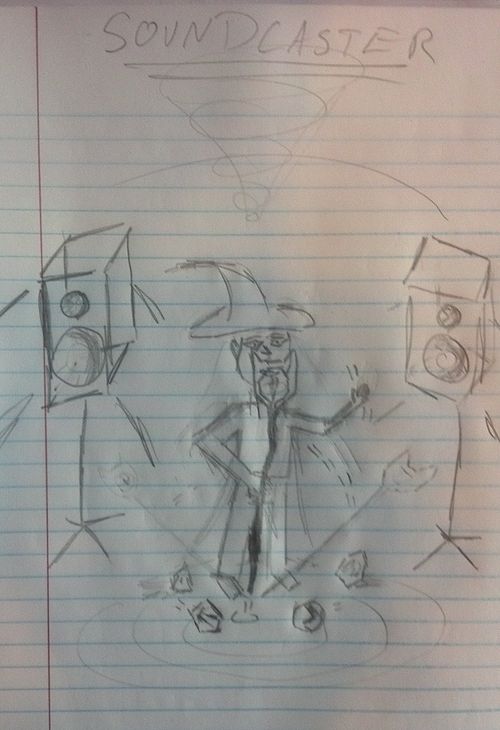Difference between revisions of "Soundcaster"
From CCRMA Wiki
| Line 1: | Line 1: | ||
| + | The SoundCaster is the quintessential all-in one performance tool for any aspiring singer/wizard. Its intimidating yet mysterious appearance suits its equally intimidating, equally mysterious purpose- arcane control over the musical elements. Manipulate your own vocal energies through the magical power of the Soundcaster, casting your voice about the room, duplicating your presence and calling forth otherworldly voices to aid in your quest for the most epic performance. | ||
| + | |||
Name: | Name: | ||
SoundCaster | SoundCaster | ||
Latest revision as of 10:48, 4 November 2013
The SoundCaster is the quintessential all-in one performance tool for any aspiring singer/wizard. Its intimidating yet mysterious appearance suits its equally intimidating, equally mysterious purpose- arcane control over the musical elements. Manipulate your own vocal energies through the magical power of the Soundcaster, casting your voice about the room, duplicating your presence and calling forth otherworldly voices to aid in your quest for the most epic performance.
Name: SoundCaster
NEED:
1. Mic
2. Staff
- Accelerometer
- Measure tilt angle, which then can be mapped to quantized region in space -> speaker fader
- wood (plastic for prototype?)
3. Panning
- Stereo setup
WANT:
1. Looper
- Voice sample effects: reversal, amplitude modulation, formant filtering...
2. Sound spatialization
- Sample selection and spatial control
- Spatial quantization for region mapping to speakers
3. Buttons for control selection
4. Stomp for effects (massive reverb for instance) - piezo?
- Rubber cap at bottom of staff
5. Gyroscope
NICE TO HAVE:
1. Hand gestures for extra effects (i.e. distortion, extremely gestural distance control) 2. Accelerometer tornado effects 3. More speakers 4. Pressure sensors / soft pots - used in conjunction with original pitch to pitch shift
STEPS:
1. Get mic (build or buy) 2. Makeshift staff (i.e. 2x4, PVC pipe, broom handle, etc.) 3. Tinker with sensors duct-taped to staff to achieve sound design 4. Create sound design (PD): sample and pan
PROJECT SKETCHES
References:



